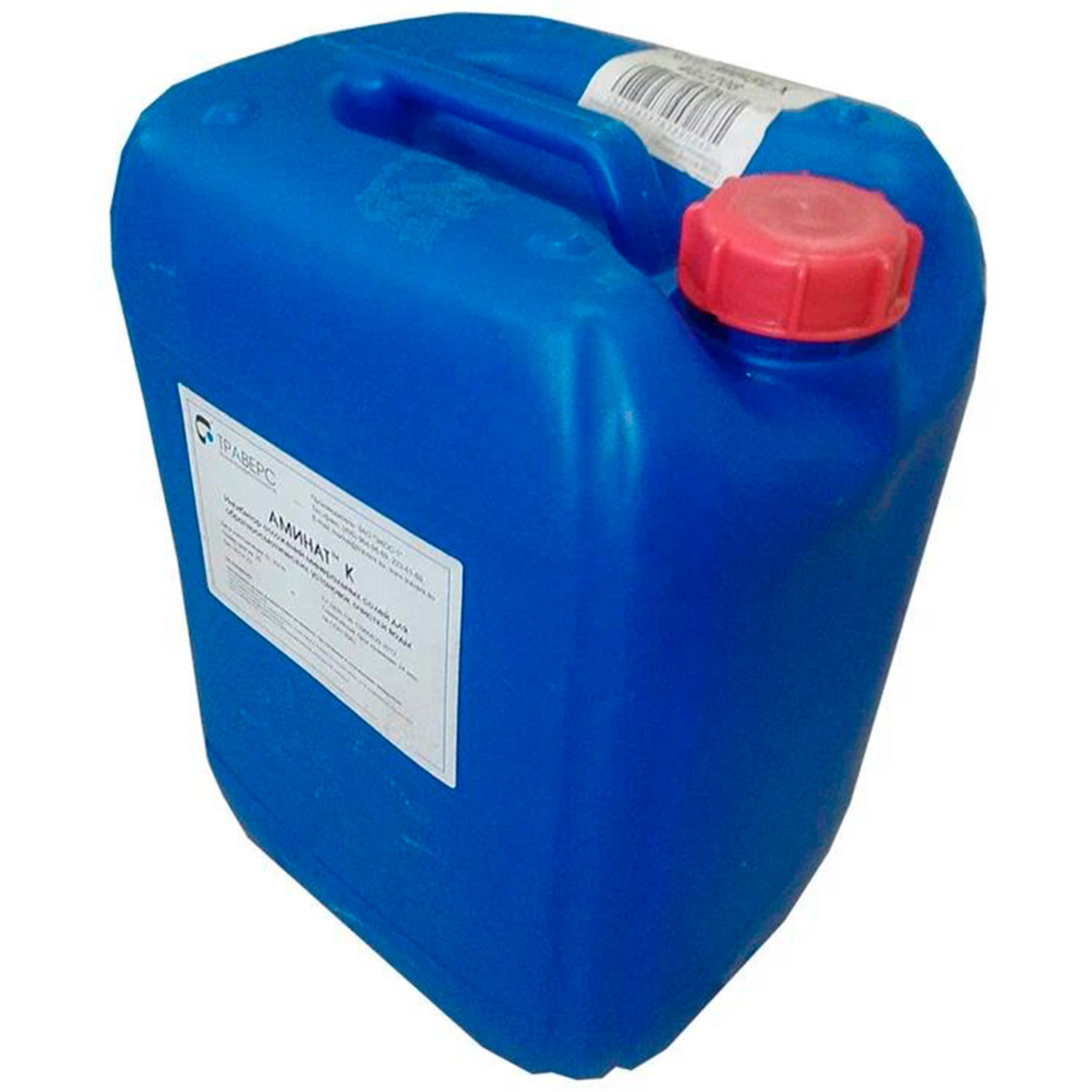What is Antiscalant? What is it Used For?

What is Antiscalant? What Does It Do?
Antiscalant is a chemical used in water treatment systems, pipelines, reverse osmosis (RO) devices, and cooling systems to prevent scale formation. In this article, you will find detailed information about what antiscalant is, its functions, composition, chemical formula, dosage calculation methods, and potential risks.
What is Antiscalant?
Antiscalant is a chemical that prevents ions such as calcium, magnesium, and bicarbonate in water from reacting to form scale and mineral deposits. Antiscalants, which include compounds like polyacrylic acid, phosphonates, and polymaleic acid, extend the lifespan of water treatment systems and improve their efficiency.
What Does Antiscalant Do?
The primary function of antiscalants is to control hardness-causing ions in water and prevent scaling. Their functions according to the application areas are as follows:
- Reverse Osmosis Systems: Prevents membrane clogging, enhances filtration efficiency, and reduces maintenance costs.
- Pipelines and Heating Systems: Prevents mineral buildup, improving energy efficiency.
- Cooling Systems: Inhibits scale formation, enhancing the performance of cooling towers.
Composition of Antiscalant
Antiscalants typically contain the following components:
- Polyacrylic Acids: Effective in preventing scale formation.
- Phosphonates: Inhibit crystal growth, preventing mineral deposits.
- Polymaleic Acids: Prevent the crystallization of minerals, reducing scale formation.
- Organic Polymers: Prevent minerals from adhering to surfaces.
Antiscalant Chemical Formula
The chemical formulas of antiscalants often include polyacrylic acid [C3H4O2]n, phosphonates [R−PO3H2], and sulfonates [R−SO3H].
Antiscalant Risks and Hazards
While antiscalants are safe when used in appropriate dosages, improper use can pose the following risks:
- Environmental Impact: May contribute to water and soil pollution.
- Health Effects: Can cause skin irritation and respiratory issues.
- Damage to Equipment: May lead to corrosion on metal surfaces.
- Water Quality Issues: Incorrect dosing can negatively affect the quality of treated water.
Antiscalant Dosage Calculation
The dosage of antiscalant is determined based on the system characteristics and the chemical composition of the water. The steps for proper dosing are:
- Water Analysis: Determine the hardness level, pH value, and mineral content of the water.
- System Type: Adjust dosage according to the type of system in use.
- Scaling Potential: Evaluate scaling risks using indices like LSI (Langelier Saturation Index) and SDI (Silt Density Index).
Typically, the dosage ranges between 2-10 ppm.
Considerations for Choosing Antiscalant
- Water Quality: Select the appropriate antiscalant based on water analysis results.
- Membrane Type: Consider the type of membrane used in the systems.
- pH Value: The water's pH value significantly impacts the effectiveness of the antiscalant.
Considering these factors, the right antiscalant should be chosen, and the proper dosage applied.
